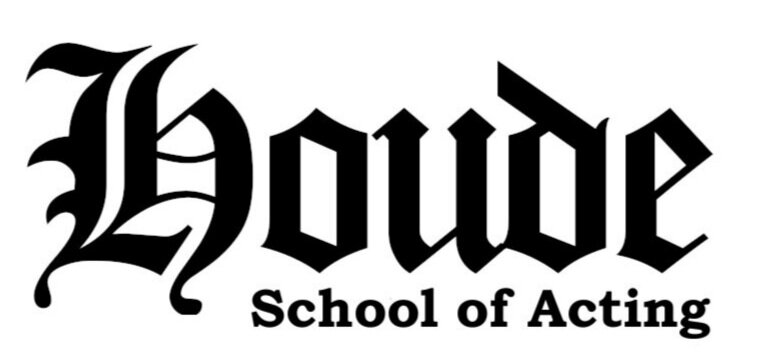Trust The Prep, Then Go Do It!
“How does an actor think? He doesn’t think—he does.” -Sandford Meisner
We frequently emphasize the importance of doing the homework and making choices, but scouring through text analysis will only ever get us so far once a scene is up on its feet. The preparation is there to help catapult us into a character’s world and thought process and to understand why they choose to behave in the way that they do. Yet, it is always only half of the bigger equation called for in a performance. The more important factors we must consider are having the flexibility to be moved in the present moment and fully accomplishing whatever the character is doing.
Now, are there individuals who are more likely to evade the homework completely and not make any choices whatsoever resulting in a scene with little variety? Yes.
However, the opposite extreme mentality is just as detrimental. It is important to recognize that it IS possible to overprepare for a scene.
To be overly tied to our choices and cadences for how something “must” be said and done will not only inhibit our ability to take direction, but also prevent ourselves from being fully present in the moment. Instead, we will keep “going back into our minds” instead of simply living it. The terms most closely related to this mentality towards preparation are usually: “you’re thinking too much”, “you’re stuck in your head”, “you’re overcomplicating it”, or “you’re being logical”.
Meisner always went back to the idea that by trusting our instincts we are giving ourselves the freedom to remain present. He has even been quoted stating, “I wanted an exercise for actors where there is no intellectuality. I wanted to eliminate all that ‘head’ work, to take away all the mental manipulation and get to where the impulses come from. And I began with the premise that if I repeat what I hear you saying, my head is not working. I’m listening, and there is an absolute elimination of the brain... It is not intellectual. It is emotional and impulsive, and gradually when the actors I train improvise, what they say—like what the composer writes—comes not from the head but truthfully from the impulses.”
This is where the foundational exercise of Repetition is originally rooted from and why it’s still utilized throughout almost every stage of the Meisner Technique to this day. He knew that many actors feel so tied to the dialogue and the blocking that instead of truly reacting to those in the scene with them, they instead choose to hide away in their minds, only resorting to the way they had initially “planned” something. They are caught “thinking” about what their next lines or moments are instead of listening to what is going on outside of themselves and reacting to the world around them.
We need to be willing to recognize that after a certain point in the creative process, we need to trust that the choices that we have set out with will still be there even when we relinquish control when the scene is set in motion. The truth of the matter is: we will never know how something is going to play out until it is already happening, nor should we ever anticipate a moment before it is happening. We must fully respond to something that may have been rehearsed as if we are experiencing it for the first time the same way our characters are in their circumstance. Having the ability to relinquish control, trusting the preparation, and working instinctively is usually the delineating factor from those actors who are good and those who are great.
There is a freedom that is palpable in the actors that go along for the ride and are fully prepared. They make choices that others could have never hoped or planned for because they are responding intuitively through the lens of the character’s point of view. They have the ability to be moved naturally and work simply because the character’s core is embedded inside of themselves. They are able to “do” the doing and not be held up by unnecessary details that no longer propel the scene forward.
We must always be prepared. That goes without saying or without question. But we must always balance the scales by remembering WHY we must prepare so deeply. If we truly own the choices that we have made, we should be as confident that we have the ability to throw away a choice on the fly. To know that we have done the homework so efficiently and specifically that we may be rewarded with an exuding confidence that something is going to happen when someone rolls, “Action,” regardless of anything that may not go according to plan. It does us no good to “think about” doing something if we never actually go out and “do it”.
We must trust in ourselves and our choices, and the rest will fall into place.
by Diana Frankhauser
